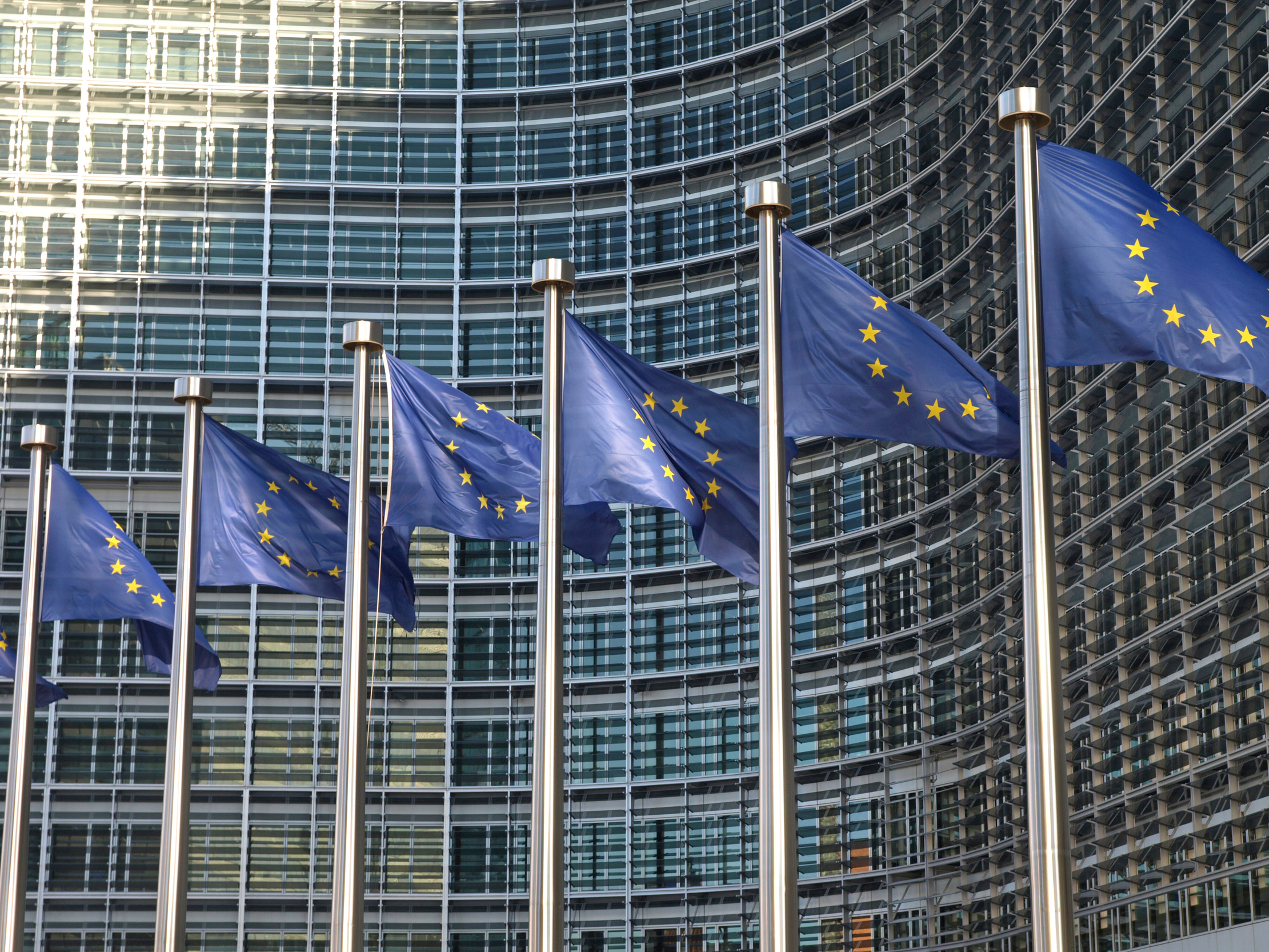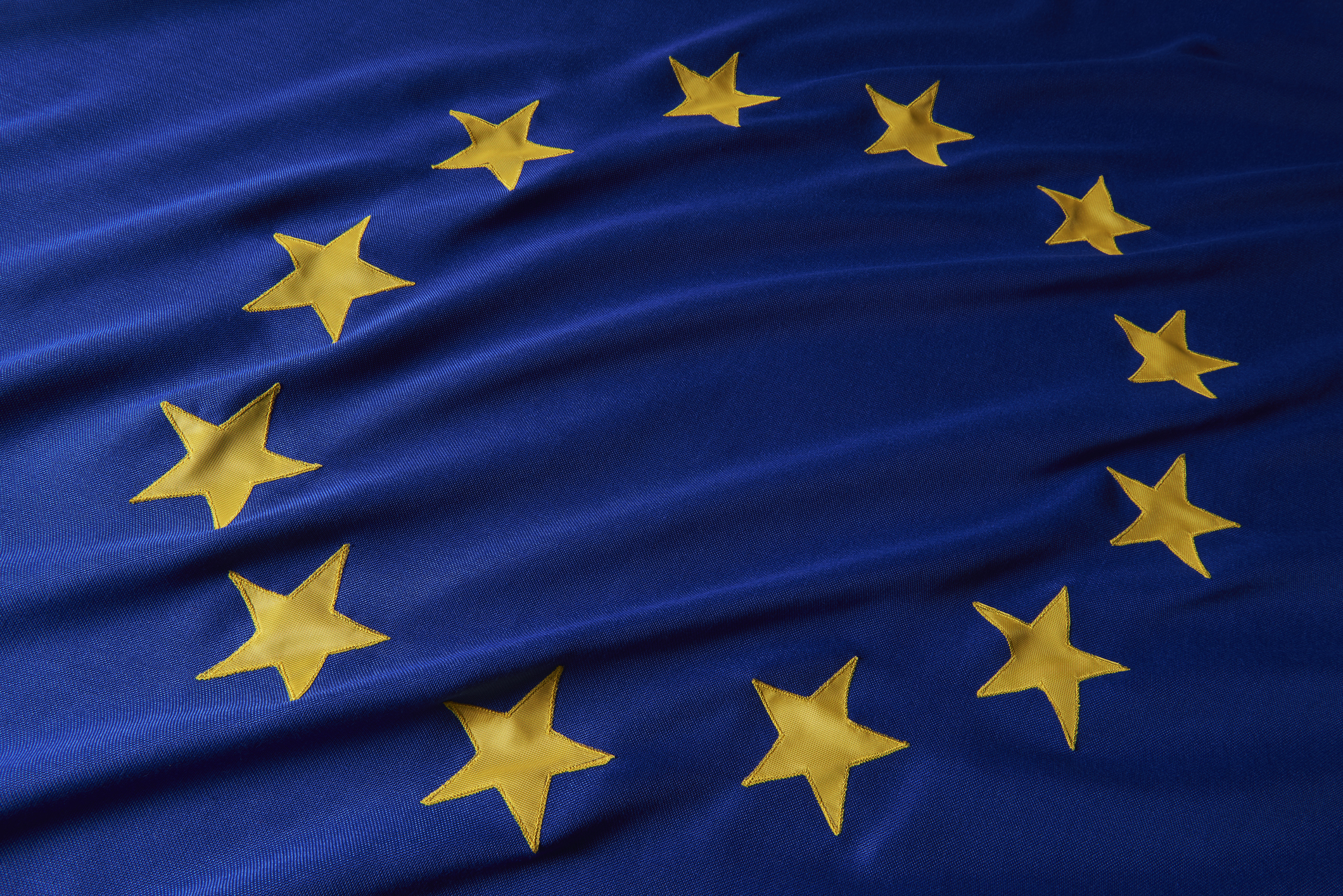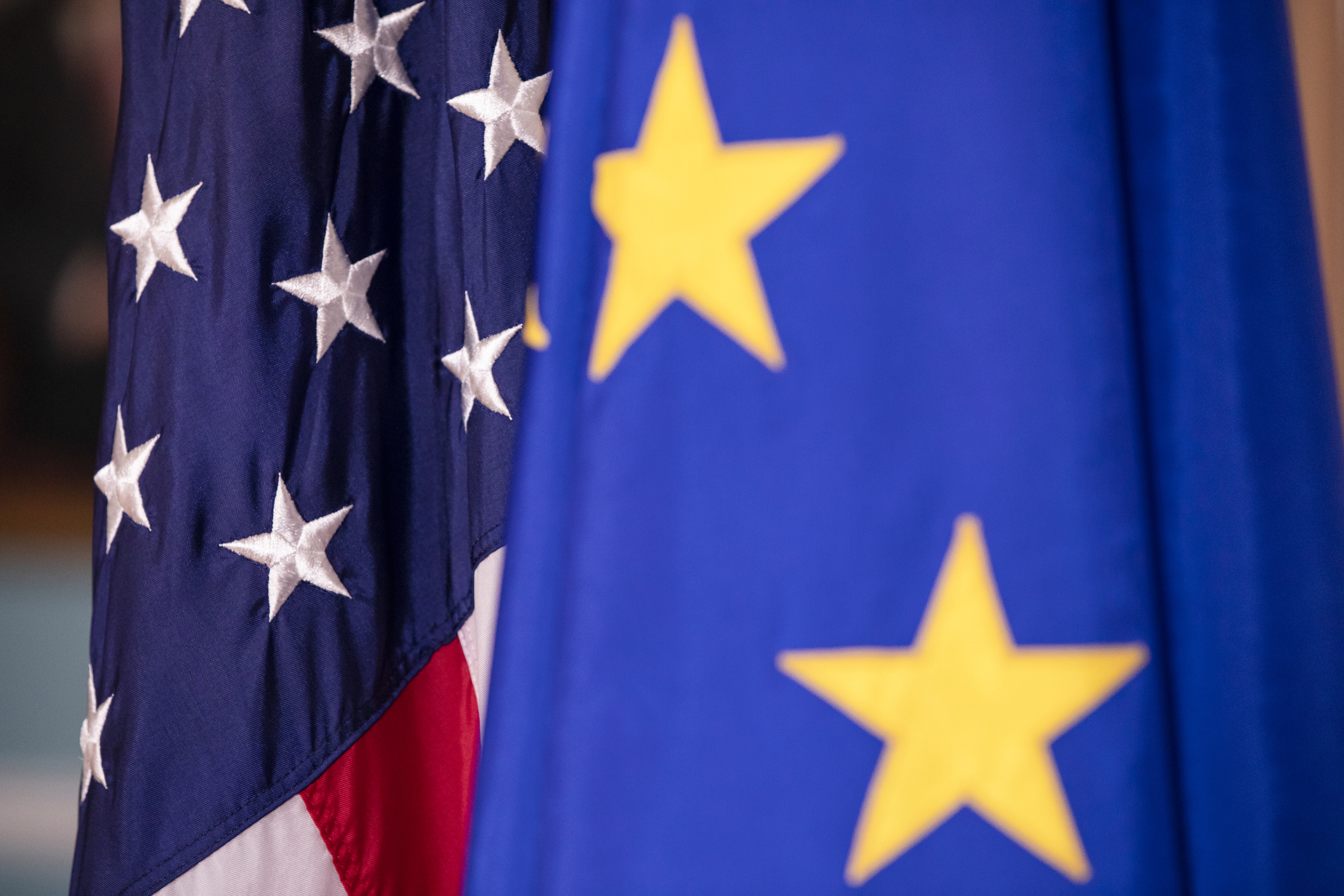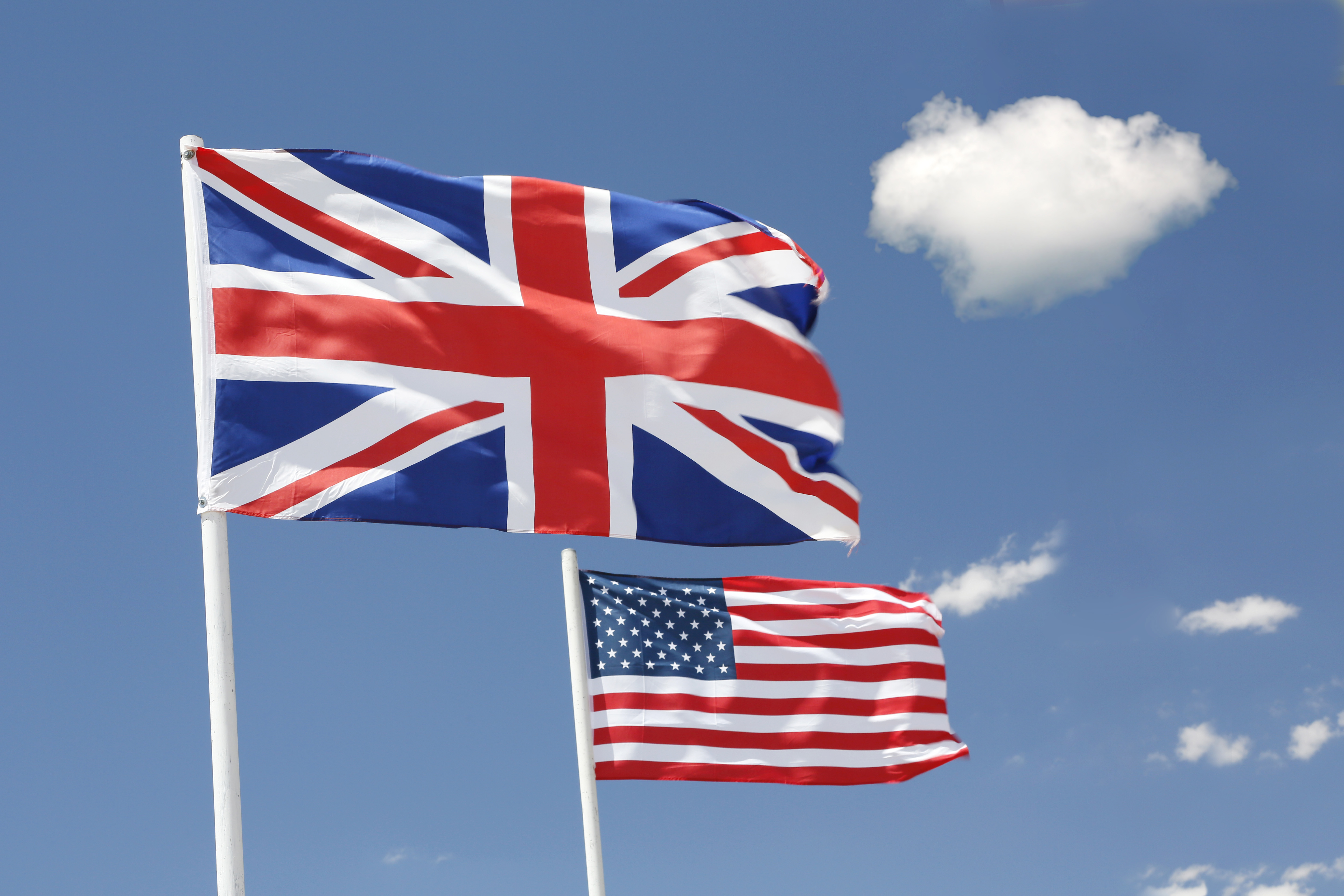Apple's Irish tax deals to be probed by European Commission
iPad maker's tax affairs to come under scrutiny from European regulators

Apple's tax arrangements are to be investigated by European regulators, following allegations the consumer electronics giant has received preferential treatment from the Irish government.
The European Commission has confirmed that a formal investigation into the iPad maker's Irish tax arrangements is being launched, as part of a wider, Europe-wide clampdown on tax evasion.
Ireland has come under fire for a series of tax loopholes that permit large companies to take advantage of lower corporation tax rates.
The standard rate of corporation tax in Ireland is 12.5 per cent, which is considered to be one of the lowest in the world.
However, according to claims made by the US Senate last year, Apple had been granted permission by the Irish government to pay a corporate tax rate of two per cent or less.
This was disputed at the time by the government, who denied claims that "special deals" were being struck with multinationals that would give them access to preferential tax rates.
This was reportedly made possible by Apple's decision to establish its international headquarters in Ireland, but the firm did not declare a tax residency.
Get the ITPro daily newsletter
Sign up today and you will receive a free copy of our Future Focus 2025 report - the leading guidance on AI, cybersecurity and other IT challenges as per 700+ senior executives
The Irish government has taken steps to outlaw this practice by ruling that all companies incorporated in Ireland must register a tax residency in another jurisdiction or face having to cough up for the full corporation tax rate by 2015.
Speaking at a press conference earlier today, Joaqun Almunia, the European commissioner for competition, said exploiting tax loopholes gives companies an unfair advantage.
"In the current context of tight public budgets, it is particularly important that large multinationals pay their fair share of taxes," he said.
"Under the EU's state aid rules, national authorities cannot take measures allowing certain companies to pay less tax than they should if the tax rules of the member state were applied in a fair and non-discriminatory way."
Starbucks and car manufacturer Fiat are also among the companies having their tax arrangements probed, with Almunia adding that its investigations could be extended to further countries and companies over time.
"It is well known we contacted Belgium and the UK, in particular the UK in the case of Gibraltar, and maybe we will open a new investigation," he added.
-
 Cleo attack victim list grows as Hertz confirms customer data stolen
Cleo attack victim list grows as Hertz confirms customer data stolenNews Hertz has confirmed it suffered a data breach as a result of the Cleo zero-day vulnerability in late 2024, with the car rental giant warning that customer data was stolen.
By Ross Kelly
-
 Lateral moves in tech: Why leaders should support employee mobility
Lateral moves in tech: Why leaders should support employee mobilityIn-depth Encouraging staff to switch roles can have long-term benefits for skills in the tech sector
By Keri Allan
-
 ‘Europe could do it, but it's chosen not to do it’: Eric Schmidt thinks EU regulation will stifle AI innovation – but Britain has a huge opportunity
‘Europe could do it, but it's chosen not to do it’: Eric Schmidt thinks EU regulation will stifle AI innovation – but Britain has a huge opportunityNews Former Google CEO Eric Schmidt believes EU AI regulation is hampering innovation in the region and placing enterprises at a disadvantage.
By Ross Kelly
-
 The EU just shelved its AI liability directive
The EU just shelved its AI liability directiveNews The European Commission has scrapped plans to introduce the AI Liability Directive aimed at protecting consumers from harmful AI systems.
By Ross Kelly
-
 A big enforcement deadline for the EU AI Act just passed – here's what you need to know
A big enforcement deadline for the EU AI Act just passed – here's what you need to knowNews The first set of compliance deadlines for the EU AI Act passed on the 2nd of February, and enterprises are urged to ramp up preparations for future deadlines.
By George Fitzmaurice
-
 EU agrees amendments to Cyber Solidarity Act in bid to create ‘cyber shield’ for member states
EU agrees amendments to Cyber Solidarity Act in bid to create ‘cyber shield’ for member statesNews The EU’s Cyber Solidarity Act will provide new mechanisms for authorities to bolster union-wide security practices
By Emma Woollacott
-
 The EU's 'long-arm' regulatory approach could create frosty US environment for European tech firms
The EU's 'long-arm' regulatory approach could create frosty US environment for European tech firmsAnalysis US tech firms are throwing their toys out of the pram over the EU’s Digital Markets Act, but will this come back to bite European companies?
By Solomon Klappholz
-
 EU AI Act risks collapse if consensus not reached, experts warn
EU AI Act risks collapse if consensus not reached, experts warnAnalysis Industry stakeholders have warned the EU AI Act could stifle innovation ahead of a crunch decision
By Ross Kelly
-
 Three quarters of UK firms unprepared for NIS2 regulations, study finds
Three quarters of UK firms unprepared for NIS2 regulations, study findsNews Senior management can be held personally liable for non-compliance under NIS2 rules
By Ross Kelly
-
 US-UK data bridge: Everything you need to know
US-UK data bridge: Everything you need to knowNews The US-UK data bridge will ease the complexity of transatlantic data transfers
By Ross Kelly